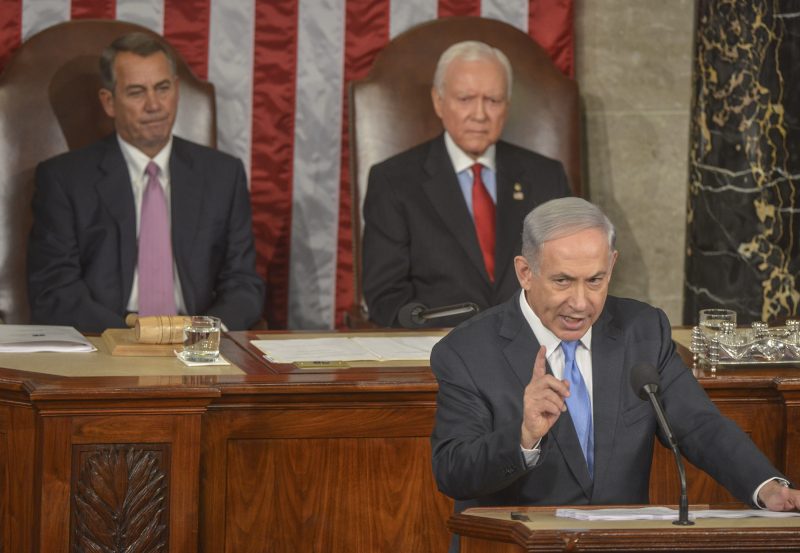In a recent turn of events that surprised many political analysts and commentators, Israeli Prime Minister Benjamin Netanyahu’s public disagreement with the Biden administration and the Democratic Party is not merely a spontaneous occurrence. Rather, this schism between Netanyahu and the Democrats has been brewing for years, culminating in the current rift that is playing out on the global stage.
The deep-rooted nature of this split can be traced back to several key moments and factors. One of the primary catalysts for this divide is Netanyahu’s close relationship with former U.S. President Donald Trump. Throughout Trump’s tenure, Netanyahu enjoyed a particularly favorable rapport with the American leader, who supported several controversial Israeli policies, such as the U.S. recognition of Jerusalem as Israel’s capital and the normalization agreements with several Arab nations known as the Abraham Accords.
The Biden administration, with its contrasting foreign policy approach, represents a stark departure from the Trump era for Netanyahu. President Biden and key Democrats have emphasized the importance of a more balanced and multilateral approach to the Israeli-Palestinian conflict, advocating for a two-state solution and a renewed focus on diplomacy and human rights. This divergence in policy priorities has put additional strain on Netanyahu’s already tense relationship with the Democrats.
Furthermore, internal political dynamics within both the U.S. and Israel have also played a significant role in widening the gap between Netanyahu and the Democratic Party. In Israel, Netanyahu is facing mounting legal challenges and a deeply divided populace, with increasing criticism over his handling of domestic issues such as the COVID-19 pandemic and the economic fallout.
On the other hand, the Democratic Party in the U.S. has undergone a progressive shift in recent years, with a younger and more diverse base that is more critical of Israel’s policies towards the Palestinians. Progressive Democrats have been vocal in their support for Palestinian rights and have called for conditioning U.S. military aid to Israel on its adherence to human rights standards.
As Netanyahu navigates these complex political landscapes, his once-cozy relationship with the U.S. may continue to face challenges. The Biden administration’s commitment to reengaging with international partners and prioritizing diplomacy may clash with Netanyahu’s more hardline approach, leading to further tensions between the Israeli government and the Democrats.
Ultimately, the split between Netanyahu and the Democrats is a multifaceted issue with deep political, ideological, and strategic roots. As both sides navigate this evolving landscape, the future of U.S.-Israeli relations hangs in the balance, shaped by changing political dynamics and shifting priorities on both sides of the aisle.
